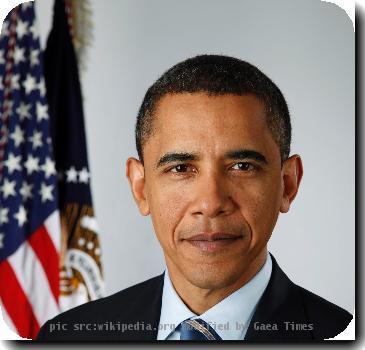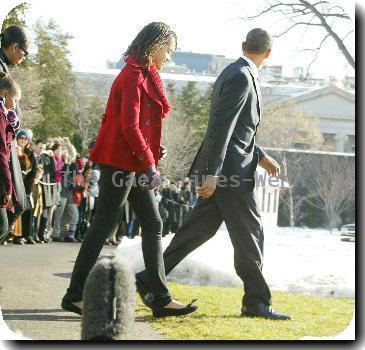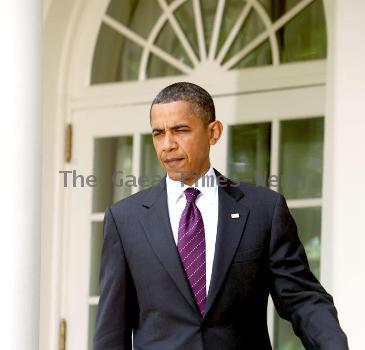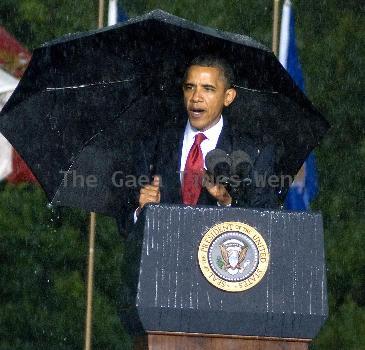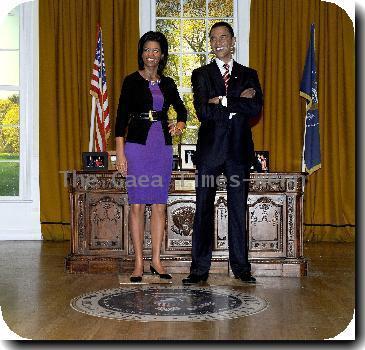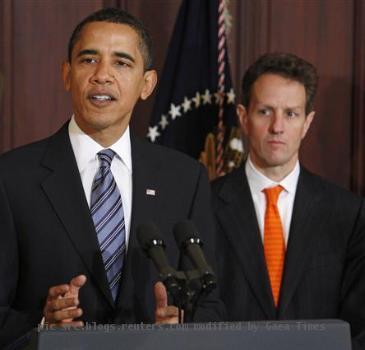Blagojevich jurors say they cannot agree on ‘any given count,’ suggesting they are deadlocked
By Michael Tarm, APWednesday, August 11, 2010
Blagojevich jurors suggest they may be deadlocked
CHICAGO — After more than a week of silence, jurors in the corruption trial of former Gov. Rod Blagojevich threw the courtroom into confusion Wednesday when they sent a note to the judge suggesting they may be deadlocked on at least some counts.
In their 11th day of deliberations, the jurors told Judge James B. Zagel that they had made “a reasonable attempt” to reach a unanimous decision, but asked for guidance if they can’t reach a unanimous decision on any given count.
Zagel, who read their note aloud in court, said he would send a reply asking jurors to be clearer about what they meant so that he could advise them. He said he would tell them it was OK to agree on some counts but not others.
Michael Ettinger, the attorney for Rod Blagojevich’s brother, co-defendant Robert Blagojevich, said neither the judge nor attorneys in court understood exactly what the note was saying.
“We don’t know what it means. The judge doesn’t know what it means,” Ettinger said. He said the jurors had gone home for the day, and the judge would have another hearing at 11 a.m. Thursday.
Ettinger conceded that trying to glean just what the jury meant was guesswork — but he believes they’re hung, he said.
“A hung jury is better than a conviction,” he said.
Blagojevich attorney Sam Adam Sr. said he couldn’t comment because Zagel told attorneys not to discuss the case. The former governor, who had been summoned to court to hear the note read, left the courthouse without commenting.
Joel Levin, a former federal prosecutor in Chicago, said it’s likely that jurors have reached a verdict on at least some counts.
“If they hadn’t reached a verdict on anything I would have expected some language saying that,” he said.
Since the jury began deliberations, they’ve sent two previous notes to the judge. Blagojevich and his brother haven’t been asked to attend court when previous notes were read. But they were asked to show up Wednesday because of the potential importance of this note.
Rod Blagojevich smiled but seemed more tense as he arrived at the courtroom — not stopping, as he’d often done during much of the trial, to chat with spectators or sign autographs. As Zagel spoke, Blagojevich looked on with his hands folded.
Blagojevich, 53, has pleaded not guilty to 24 counts, including charges of trying to sell or trade an appointment to President Barack Obama’s vacated Senate seat for a Cabinet post, private job or campaign cash. If convicted, he could face up to $6 million in fines and a sentence of 415 years in prison, though he is sure to get much less time under federal guidelines.
His brother, Nashville, Tenn., businessman Robert Blagojevich, 54, has also pleaded not guilty to taking part in that alleged scheme.
Legal observers say they are not surprised that the jury’s six men and six women may be stymied by a complex case that produced two wire carts full of evidence and more than 100 excerpts of FBI wiretap recordings.
Jurors include a former postman, ex-Marines and a teacher — most of whom never would have dealt with such legal intricacies.
“This is the first time they heard this stuff in their lives,” said Phil Turner, a former federal prosecutor now in private practice in Chicago. “They have to get their minds around stuff that makes no sense whatsoever.”
Part of the difficulty is that the alleged corruption was not as straightforward as someone walking into Blagojevich’s office and plopping bags of cash bribes on his desk.
Instead, the then-governor is heard on the wiretaps — the core of the government’s case — talking, sometimes circuitously, about using gubernatorial decisions for personal gain.
On one tape, he asks an aide if it’s possible to stop state money from going to a children’s hospital. Prosecutors say the question amounted to a command to freeze the money until a hospital CEO coughed up a donation. The defense says it was merely a question.
That puts the onus on jurors to make nuanced judgments about what Blagojevich may have meant.
The thorniest of the counts against him is the first — racketeering.
To find him guilty of just that one charge, jurors have to run down a list of more than 20 illegal actions and decide whether he committed them. Those range from attempting to trade an appointment to Obama’s Senate seat to trying to shake down a construction company executive.
Even Zagel marveled at the racketeering count’s array of sections and subsections, with one numbered 6(a) through 6(l).
“If I was a juror, I’d love to see this,” he said sarcastically, chuckling and shaking his head, during a hearing before jurors began deliberations.
Turner suggests some jurors may be stumped by that mere fact the ousted governor is being charged with racketeering.
“They are thinking, ‘What does this stuff mean?” he said. “‘Isn’t that mob stuff? What?’”
The first count also amounts to a domino: A guilty verdict on racketeering could set off guilty verdicts on many of the 23 counts that follow, from bribery to attempted extortion. Conversely, a not guilty verdict on racketeering could mean that prosecutors, many of whom spent years on the case, are in for a bad day.
Tags: Barack Obama, Bribery, Chicago, Extortion And Threats, Graft And Conflicts Of Interest, Illinois, North America, Racketeering, United States, Veterans

